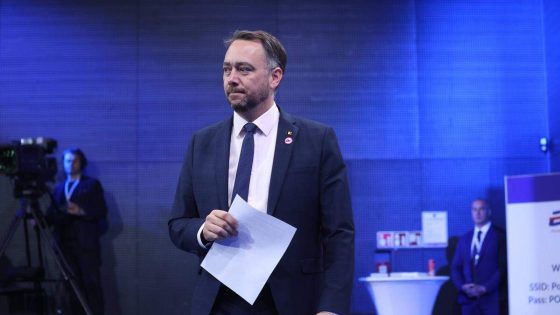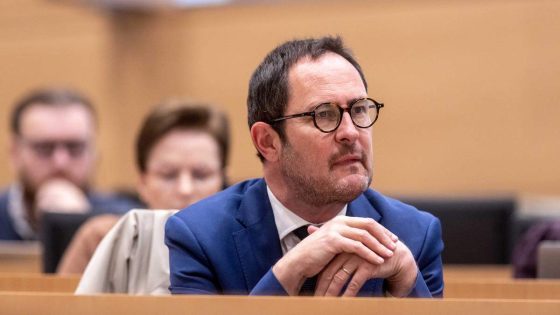Belgium’s defence spending has come under fresh scrutiny as Foreign Minister Maxime Prévot prepares to voice his concerns at the NATO ministers’ meeting in Antalya on 2025-05-20 02:18:00. The debate centers on NATO’s proposed increase in defence budgets, with calls from the US and NATO Secretary-General Mark Rutte pushing member states to raise spending to 5% of GDP.
- Minister Prévot zoekt bondgenoten tegen defensieverhoging
- België kan 5 procent defensie-uitgaven niet halen
- 3,5 procent norm onhaalbaar op korte termijn
- Prévot benadrukt duurzame inspanning van 10-15 jaar
- 2,5 procent tegen 2034 blijft realistisch doel
- Samenwerking met Spanje en Italië nagestreefd
Prévot argues that such a rapid hike is unrealistic for Belgium, emphasizing that even a 3.5% target is unattainable in the short to medium term. With Belgium currently striving to reach 2% of GDP in defence spending, the minister stresses the significant financial burden this already represents amid other societal demands. What does this mean for Belgium’s role in NATO, and how will it balance fiscal responsibility with alliance commitments?
As NATO prepares to make a decision on the new defence spending norm at the June summit in The Hague, Belgium seeks allies like Spain and Italy to support a more gradual increase over 10 to 15 years, rather than the proposed seven-year timeline. This ongoing negotiation sets the stage for a crucial discussion on sustainable defence investment.
How can Belgium reconcile NATO obligations with its financial realities? Prévot’s stance highlights the tension between alliance demands and national budgets. Key points include:
- Belgium’s current goal to reach 2% of GDP in defence spending is already a major budgetary effort.
- Targets of 3.5% or 5% are deemed excessive and unsustainable within proposed timelines.
- Prévot proposes a realistic increase to 2.5% by 2034, allowing time to finance the rise responsibly.
- Belgium seeks coalition-building with countries like Spain and Italy to push for extended deadlines.
Looking ahead, Belgium’s negotiation strategy will be pivotal in shaping NATO’s defence spending framework. Will the alliance accommodate a more flexible timeline, or will pressure mount for quicker increases? Belgian policymakers and citizens alike should stay engaged as these critical defence budget discussions unfold.































